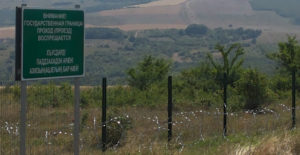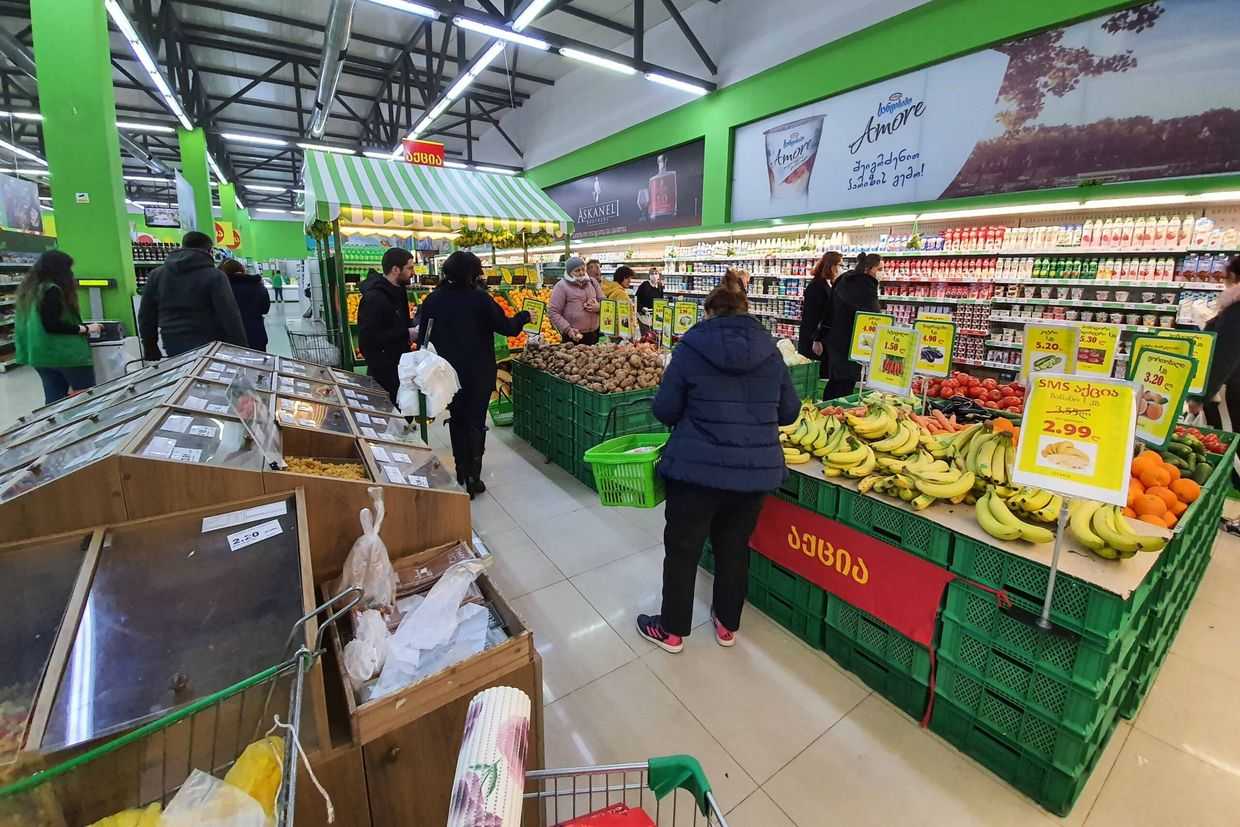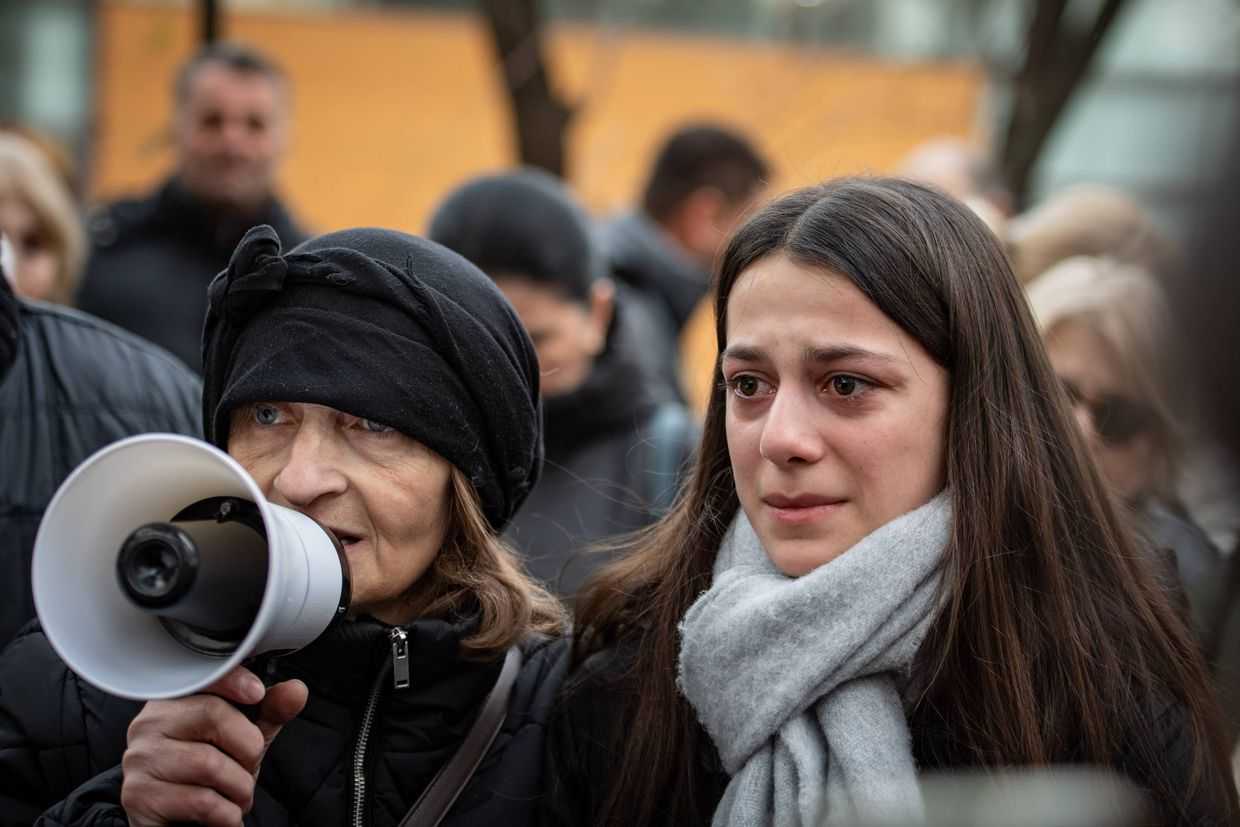

 Georgian citizen Kakhaber Kisishvili, 43, was detained twice in March for crossing the de facto border with South Ossetia on 27 March.
Georgian citizen Kakhaber Kisishvili, 43, was detained twice in March for crossing the de facto border with South Ossetia on 27 March.
Kisishvili, who lives in the village of Plavi, likely went to visit his relatives in South Ossetia, where he was arrested and taken to a detention facility in Tskhinvali (Tskhinval).
According to Interpressnews, this is the third time Kisishvili has been detained on this charge. He was previously arrested on 1 March and then released after paying a ₽2,000 ($30) fine.
The number of people detained for crossing into South Ossetia has been increasing in recent years. According to Factcheck.ge, the number rose from 108 people in 2012 to 142 in 2013 and 2014, and then again to 164 in 2015.
On 2 March, the EU Monitoring Mission in Georgia facilitated a meeting in Ergneti, a village bordering South Ossetia; this was the 75th ‘Incident Prevention and Response Mechanism’ (IPRM) meeting between the Georgian and South Ossetian authorities. Georgia complained of the negative impact that installing barbed wire and fences has on the lives of people living near the border.
Georgia regularly raises the issue of detentions during the meetings, and negotiates for the release of any Georgian citizens being held at the time.
The number of detentions for crossing into Abkhazia is even higher than in South Ossetia. According to Livepress, the numbers detained was 411 in 2013, 512 in 2015, and 380 in 2015.
Three women were detained on 9 March for crossing into Abkhazia. They were taken to a detention facility in Sukhumi.
On 21 March, the 44th IPRM meeting between Georgian and Abkhazian authorities was held in Gali (Gal), a town in Abkhazia in which the majority of the population are ethnic Georgians.
During the meeting, the issue of the detained women was raised, although they have not yet been released.
The next IPRM meetings will be held on 25 April in Gali and on 4 April in Ergneti.









